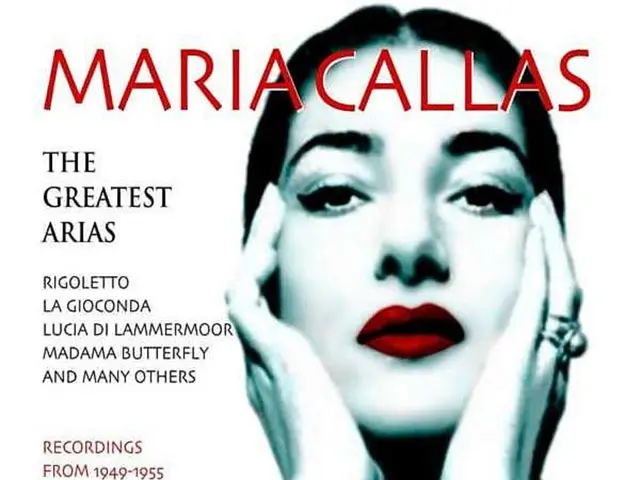Ebook prices could be compelled to decrease, according to some reports
In the rapidly evolving world of digital literature, pricing models for audiobooks and e-books have become a topic of significant interest. This article provides an overview of the current landscape in Canada and the United States, focusing on major publishers and libraries.
Audiobooks
The audiobook market has seen a surge in recent years, with key players like Audible (Amazon) and Spotify entering the fray. Audible offers two subscription plans in the U.S.: Audible Plus at $7.95/month for unlimited streaming/downloading, and Audible Premium Plus starting at $14.95/month, which includes credits for premium titles for purchase. Audible is also piloting a new royalty model for creators (ACX) to better compensate authors and narrators.
Spotify, having launched its audiobook service in 2023 in the U.S., UK, and Canada, contributed to a 13% rise in audiobook sales in 2024. Pricing examples include $10.99/month for 15 hours of audiobook listening in the U.S., and about $21 estimated for 30 hours/month of usage. Spotify partners with ElevenLabs and Findaway Voices for audiobook narration and distribution, aiming to simplify audiobook publishing for authors.
Other providers, such as BookBeat, have been paying publishers progressively since 2015, but their consumer pricing models are less detailed publicly.
E-books
Amazon's Kindle Direct Publishing (KDP) is a major player in the e-book market. There is no charge to upload titles, and royalty rates depend on pricing: 70% royalty on e-books priced between $2.99 and $9.99, or 35% below $2.99. KDP offers exclusivity programs like Kindle Unlimited and KDP Select for authors, which include special promotion benefits and lending library enrollment.
Self-publishing platforms like StreetLib charge 10% of the retail price per copy sold and distribute through multiple retailers.
Library Lending Models
Canadian libraries, such as the Edmonton Public Library, use platforms like OverDrive/Libby to lend e-books and e-audiobooks. Due to soaring demand, libraries limit the number of holds per user to reduce wait times. Libraries purchase digital content via models like Demand-Driven Acquisition or Evidence-Based Acquisition, owning a license for a certain number of checkouts or time periods rather than outright ownership.
A Look Ahead
The average cost for an e-book is around $40, and for an audiobook, it's approximately $73, compared to the average cost of a print book ranging from $8 to $30. Libraries must pay for each title individually if they want many books by a bestselling author.
Efforts to lower these costs are underway. For instance, the Connecticut Library Consortium's executive director, Ellen Paul, believes that new legislation will force publishers to negotiate e-book prices, similar to print book negotiations, and reduce costs for libraries.
Policymakers in states like Hawaii and Massachusetts are considering e-book legislation, and library advocates are discussing introducing bills in several other states. However, some legislation has been vetoed or struck down due to federal copyright law, as was the case in New York in 2021.
In conclusion, understanding the pricing and lending models of major publishers and libraries provides valuable insights into the digital literature landscape. As efforts to make e-books and audiobooks more affordable for public libraries continue, it will be interesting to see how these models evolve in the future.








